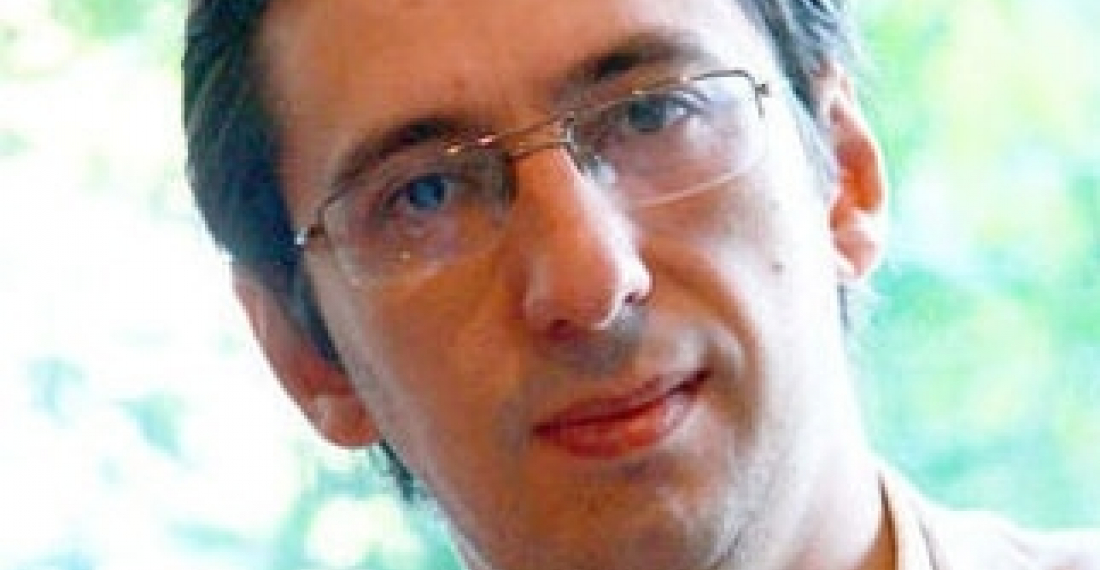Дестабилизация обстановки вокруг Нагорного Карабаха не исходит из интересов европейцев. Об этом говорит то, что ЕС посредством "Восточного партнерства" преследует свои экономические интересы на Южном Кавказе, что достаточно неплохо, поскольку способствует сохранению относительного спокойствия вокруг урегулирования НКК. Подобное мнение выразил сегодня журналистам заместитель директора Фонда стратегической культуры России, научный сотрудник Института политических и социальных исследований Черноморско-Каспийского региона Андрей Арешев.
"При этом, программа "Восточное партнерство" никоим образом не рассматривается Москвой в качестве проект направленного против России. МИД России официально заявил, что Россия не имеет каких-либо возражений относительно данной программы ЕС. Думаю, что государства постсоветского пространства имеют полное право выстраивать многовекторную внешнюю политику, как, впрочем, и сама Россия. Совсем другое дело, какие перспективы имеет этот проект. И будут ли в реальности воплощены в конкретные, экономические проекты все те обещания, которые даются в рамках партнерства", - отметил он.
Коснувшись перспектив Евразийского союза, Арешев охарактеризовал его как идею, нуждающуюся в дополнении и обретении конкретных форм. Учитывая же, что Евразийский союз задуман, в первую очередь, как экономическое объединение и основан на экономическом прагматизме, политолог выразил надежду, что его создание является не просто пиар-идеей, о которой забудут на следующий день после выборов.







